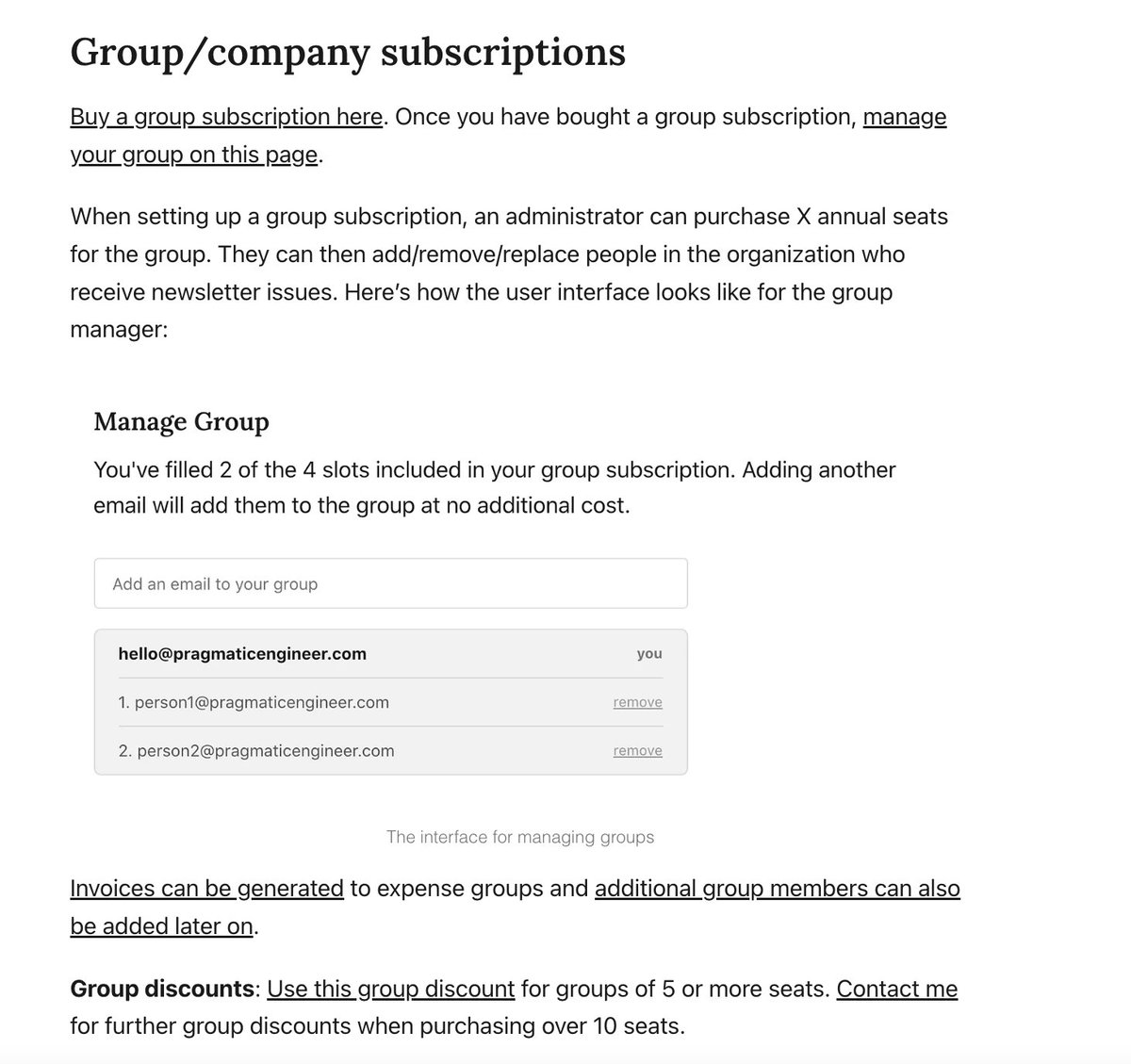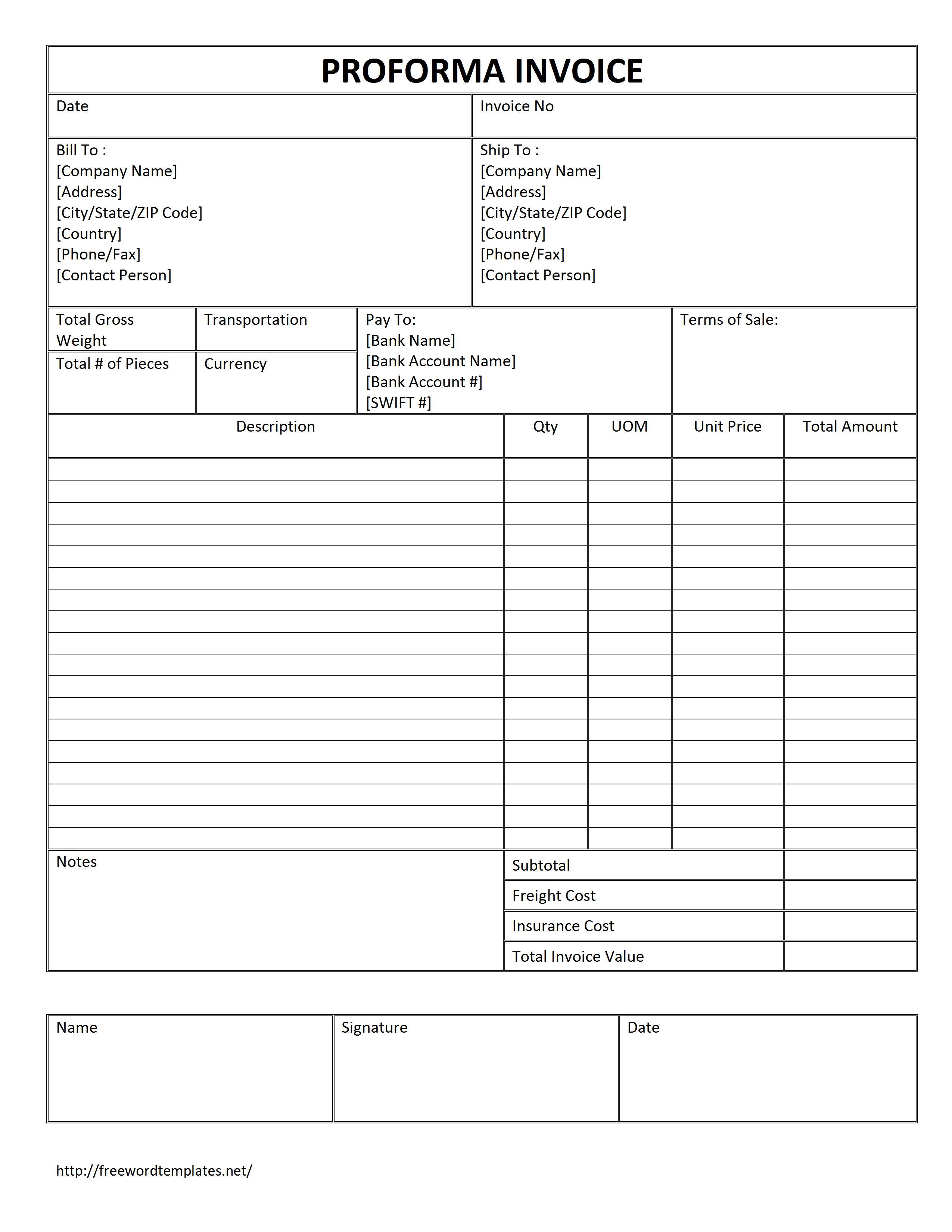

Date of Service: The beginning and end dates of the health-related service you received from the provider.
#GROUP OVER ANTHEM INVOICE DEFINITION CODE#
Type of Service: A code and a brief description of the health-related service you received from the provider.This may be the name of a doctor, a laboratory, a hospital, or other healthcare providers. Provider: The name of the provider who performed the services for you or your dependent.Along with your insurance ID number, you will need this claim number if you have any questions about your health plan. Claim Number: The number that identifies, or refers to the claim that either you or your health provider submitted to the insurance company.This should match the number on your insurance card. Insured ID Number: The identification number assigned to you by your insurance company.This may be you or one of your dependents. Patient: The name of the person who received the service.Read more about how BCBS companies are promoting sustainably affordable, high-quality health care. Questions about an experience with surprise billing? Contact your Blue Cross and Blue Shield health plan at the number on the back of your member ID. Those include paying doctors for the quality, not the quantity, of care they provide helping members maintain their health and wellness and ensuring patients receive the care they need in the most appropriate setting. Blue Cross and Blue Shield plans are making important strides to slow the growth. It’s no secret that the growing cost of health care in the United States is unsustainable. The Act may also help rein in unreasonable prices, making health care more affordable for everyone.

Under the law, patients will no longer receive surprise medical bills, which have sometimes amounted to thousands of dollars.

Will the No Surprises Act make health care more affordable? Those providers will have to negotiate a rate with the patient’s insurer or work with a third party to come to a decision. Out-of-network emergency and some other facility-based health care providers can no longer “balance bill” a patient. That doctor could, before the law passed, bill the patient for the difference between what insurance typically pays and what they charge. For example, a patient could be taken to an in-network hospital but treated by an out-of-network anesthesiologist. But there may be no time to choose in an emergency or a patient may not know about other providers who treat them while they're admitted. Patients can usually choose an in-network provider. The balance is what’s owed after insurance has paid their part of the claim. For any questions, you can call the customer service number on the back of your member ID card or on your plan's website,” said Sean Robbins, Executive Vice President, External Affairs, Blue Cross Blue Shield Association.” What’s a surprise bill?Ī surprise bill is an unexpected bill patients receive for the balance owed to an out-of-network facility or health care provider for certain facility-based services.

“This law protects patients from unexpected and costly bills, while also taking meaningful steps to build a more affordable, transparent health care system. The idea behind the No Surprises Act is that they shouldn’t be penalized for it. Patients aren’t always able to choose an in-network provider. These providers could include a doctor a patient didn't choose themselves, an air ambulance or even the facility itself for emergency services. The No Surprises Act includes provisions to protect patients from having to pay an unexpected amount for facility-based services provided by certain out-of-network health care providers. Blue Cross and Blue Shield health plans stand behind these bipartisan-backed protections. It protects patients from receiving surprise medical bills. A new law called the No Surprises Act went into effect on January 1st, 2022.


 0 kommentar(er)
0 kommentar(er)
